The World Bank has approved a Ksh80.9 billion ($750 million) loan to Kenya that will aid economic recovery efforts in the county from the Covid-19 crisis.
In a statement dated June 10, 2021, the international lender, stated that the funds will be employed in development policy financing to support policy reforms that will strengthen transparency and accountability in public procurement and promote efficient public investment spending.
World Bank noted that the policy will improve medium-term financial and debt sustainability through greater transparency and efficiency in government spending while supporting public finance management systems.
"The operation provides for the establishment of an electronic procurement platform for the public sector that seeks to make government purchases of goods and services transparent. This will help increase accountability in public spending and reduce opportunities for corruption.
"The support also strengthens public investment management by seeking cost-savings and applying rigorous selection and monitoring and evaluation criteria to all projects. Both measures are expected to yield fiscal savings of up to $2.6 billion," the statement reads in part.
Read More
World Bank Country Director for Kenya, Keith Hansen stated that the policy prioritizes reforms in hard-hit sectors, such as healthcare, education, and energy, which have been made urgent by the impacts of the COVID-19 crisis.
'In recognition of the severity of the crisis and need for a comprehensive response, we are supporting the government's post-COVID-19 Economic Recovery Strategy, which is designed to mitigate the adverse socio-economic effects of the pandemic and accelerate economic recovery and attain higher and sustained economic growth," Hansen stated.
The funds will be injected into electricity generation and distribution to enable members of the public to benefit from a new competitive pricing unit courtesy of the Kenya Power and Lighting Company (KPLC).
The policy will further ensure better healthcare and disease prevention for Kenyans through the National Hospital Insurance Fund (NHIF) and establish the Kenya Centre for Disease Control (KCDC) to strengthen disease prevention, detection and response.
"Reforms will further seek to provide Kenyans with more equitable access to higher education, through a performance-based funding method to reduce the imbalances and inefficiencies created by the existing funding model for universities.
World Bank Kenya Senior Economist and Task Team Leader, Alex Sienaert reiterated that stabilizing the debt trajectory and reducing high debt costs in Kenya is a top priority.
"This policy operation supports measures to reduce the budget deficit over time, such as by making public spending more efficient, whilst minimizing debt costs by helping to meet the government's current financing requirements on concessional terms," he said.
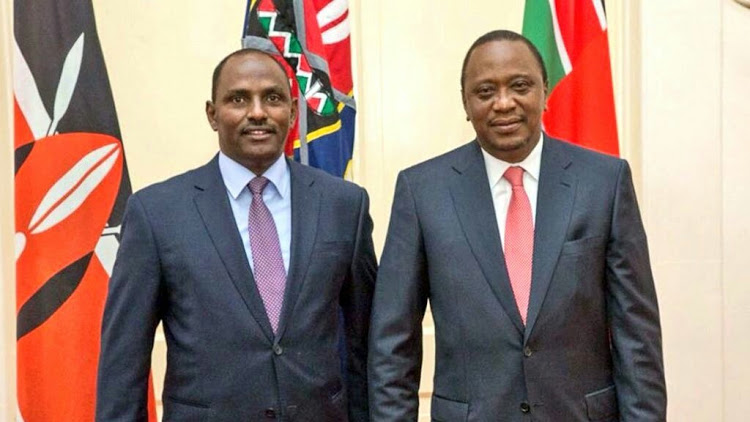
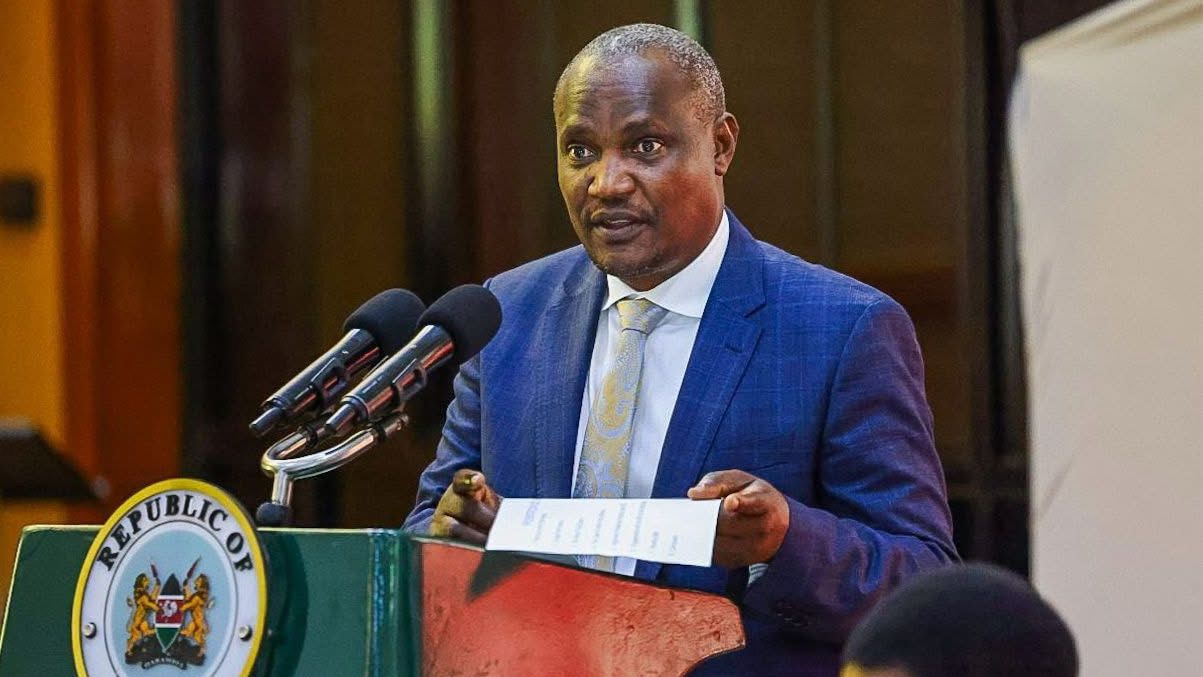



-1771737995.png)
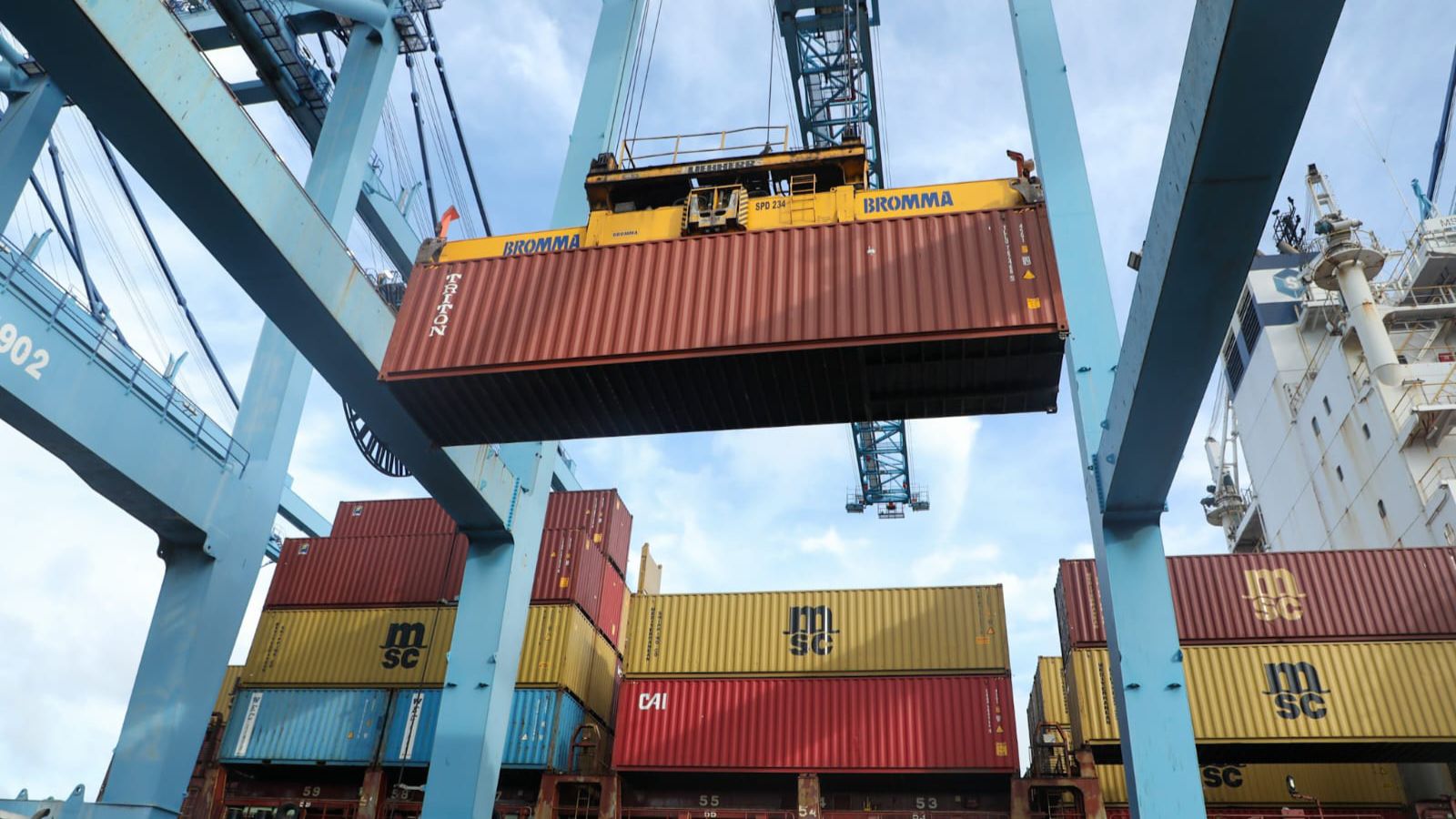
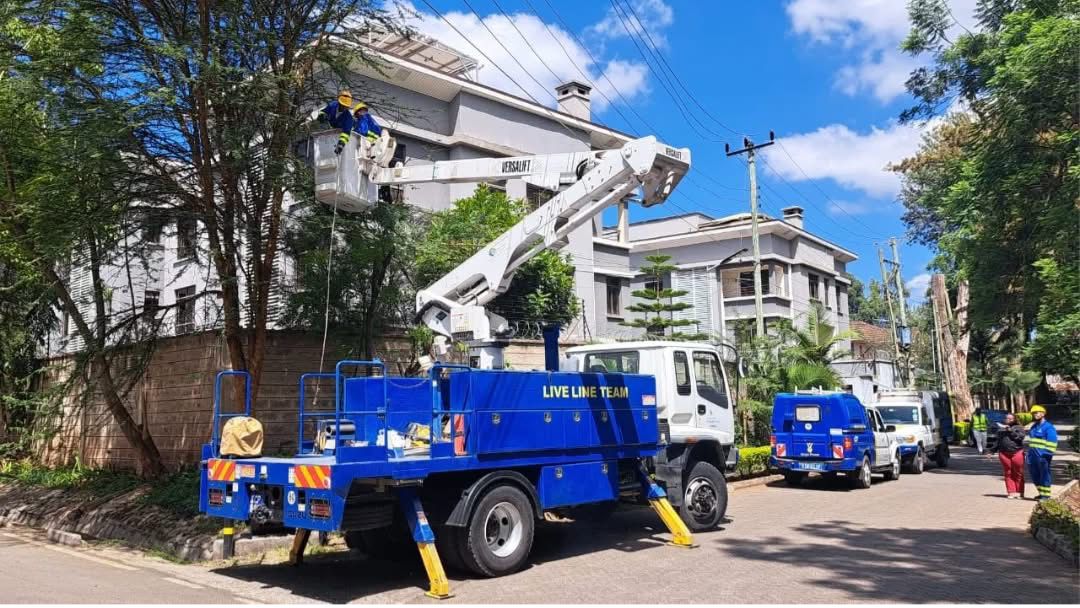


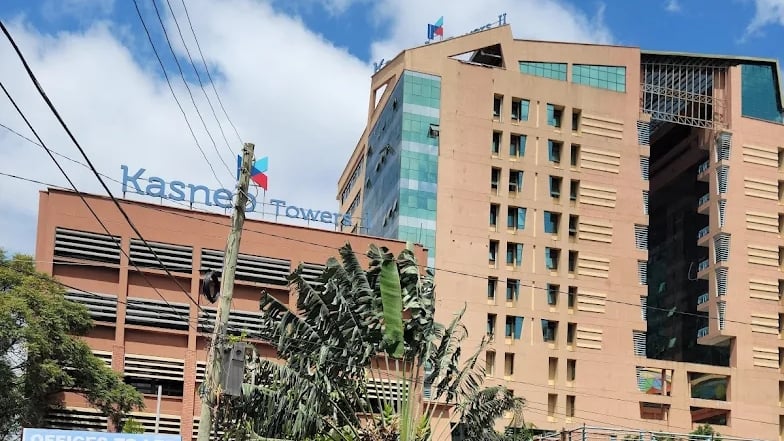
-1772458092.jpg)